Mongla, Aug 14 (V7N) – Allegations of extortion and illegal crab harvesting have emerged from the Sundarbans region near Mongla, Bangladesh, implicating local extortionists, forest officials, and law enforcement in a series of controversial incidents that have sparked public outrage.
According to eyewitness accounts, at around 1:00 a.m. on Monday, twenty boats carrying illegally harvested crabs entered a canal near Banshtola Bazaar in Sundarbans Union. The crabs were allegedly poached from the Andharmanik area of the Sundarbans, despite a government-imposed three-month fishing and crab harvesting ban in effect from June 1 to August 31.
Shortly after the boats arrived, three local extortionists confronted the fishermen, demanding money in exchange for not reporting them to the police. The extortionists cited the illegal nature of the crab harvesting as leverage. Initially, the fishermen reluctantly paid 1,000 Bangladeshi Taka. When pressured for more, they offered Tk 2,000. The confrontation escalated into a heated argument, ultimately leading to the fishermen assaulting the extortionists.
Shouting “thieves,” the fishermen attracted nearby residents, who intervened and captured one of the extortionists, identified as Milon Mallik. The other two suspects managed to flee. Mallik was handed over to local police by community members. However, he was later released without charges, reportedly due to intervention by influential political figures associated with the Bangladesh Nationalist Party (BNP) and Jamaat-e-Islami.
Adding to the controversy, the police also released the twenty boats carrying an estimated several lakhs (hundreds of thousands) of taka worth of illegally harvested crabs. Local residents expressed frustration and disbelief, accusing authorities of complicity and negligence.
Rafiqul Islam, in-charge of the Chotterhat Police Outpost, confirmed the sequence of events and admitted to the releases. “I personally visited the scene and sent both outpost patrol and a team from the main station,” he stated. “However, due to pressure from prominent political leaders, the extortionist was released. The fishermen were let go for humanitarian reasons.”
When contacted, Mongla Police Station’s acting officer-in-charge, Anisur Rahman, claimed he had no knowledge of the incident, despite police from his station being present at the scene.
The situation has further fueled allegations of corruption within the Forest Department. Fishermen involved in the illegal harvest alleged that they routinely pay bribes—up to Tk 7,000 per boat—to certain forest officials, specifically naming Abhik Chowdhury, officer-in-charge of the Andharmanik forest outpost under the Chandpai Range. According to the fishermen, additional bribes are required at various checkpoints to ensure safe passage during the ban period.
Repeated attempts to reach Officer Abhik Chowdhury for comment were unsuccessful, as he did not respond to multiple phone calls.
Md. Rezaul Karim, Divisional Forest Officer of the East Sundarbans, stated he was unaware of the specific incident but promised an investigation. “This should not be happening,” he said. “I have no prior knowledge of these allegations. If the claims are true, we will take appropriate action. However, sometimes fishermen make such statements to avoid consequences. Regardless, I will look into the matter.”
The unfolding controversy has stirred significant criticism of local law enforcement and forest authorities, raising concerns over the effectiveness of conservation efforts in the ecologically sensitive Sundarbans. Conservationists warn that continued exploitation of natural resources during protected periods could lead to long-term ecological damage, and they urge stricter enforcement and accountability.
The incident reflects broader challenges in enforcing environmental protections in Bangladesh, where corruption, political influence, and lack of oversight frequently undermine legal efforts to safeguard natural resources.
END/AHS/SMA/



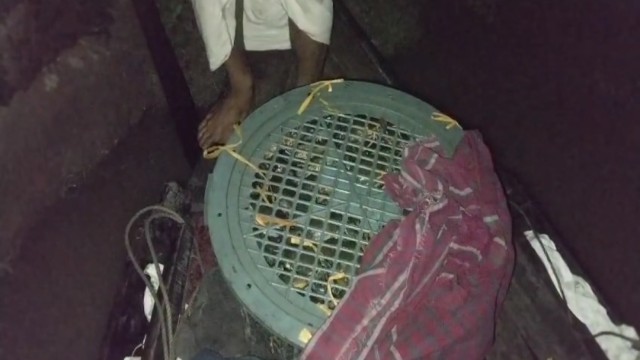
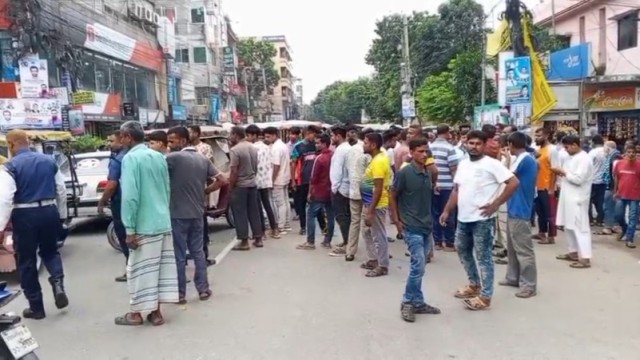
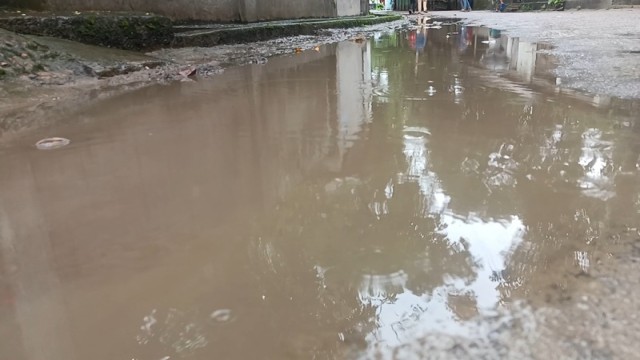
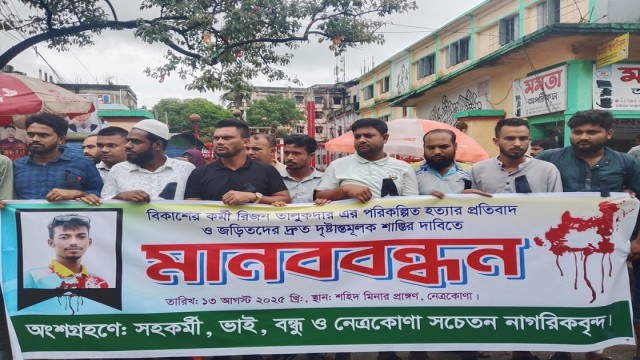
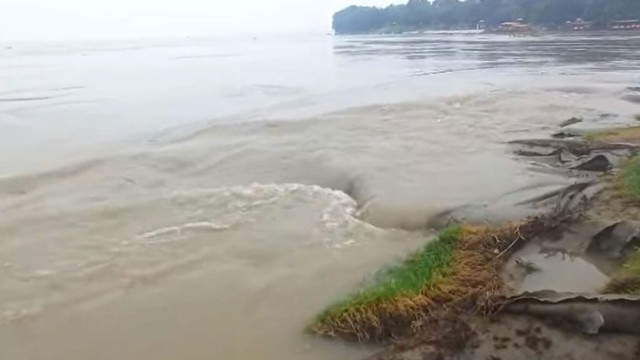
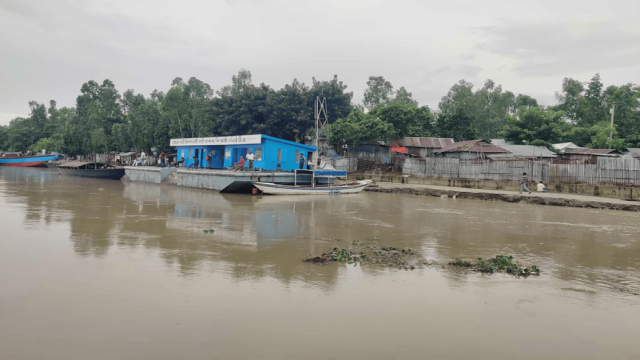
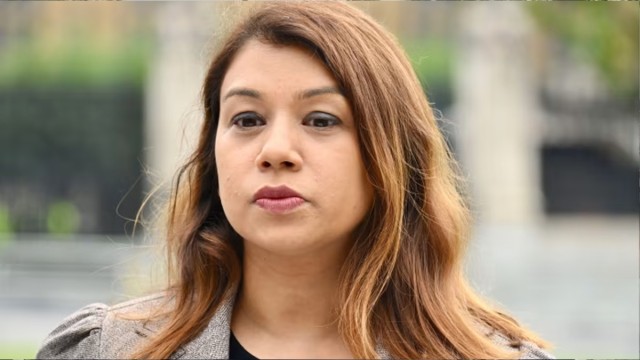

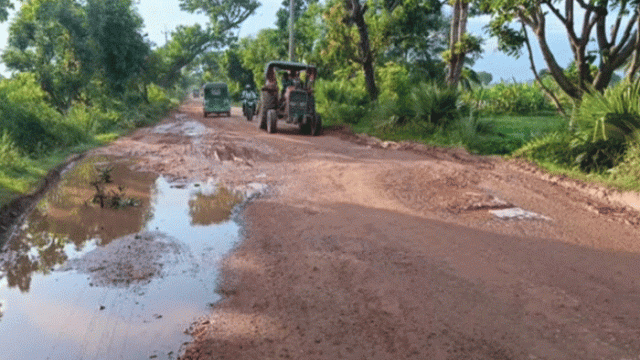
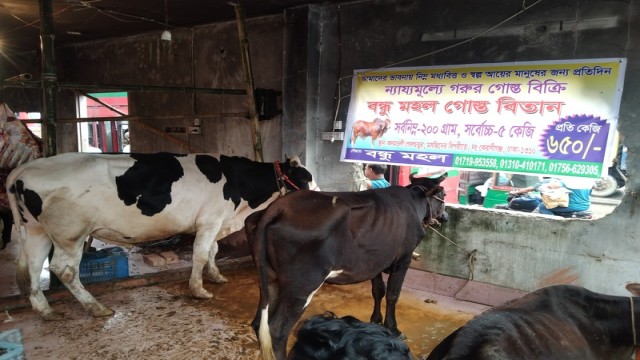

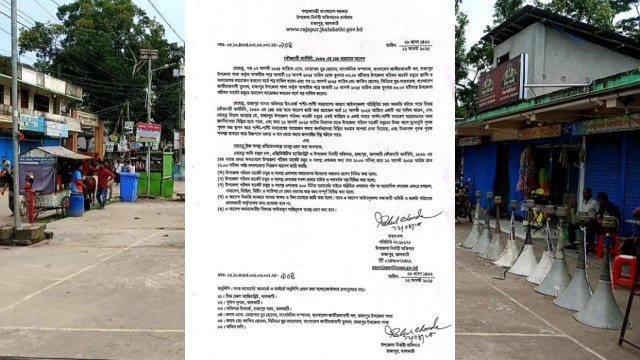
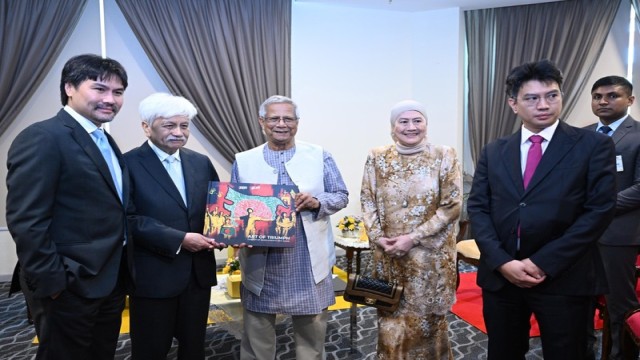
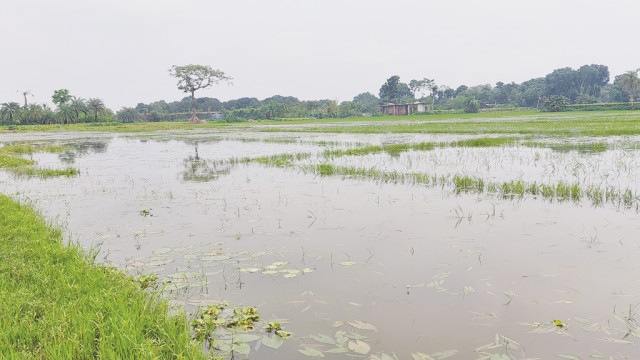

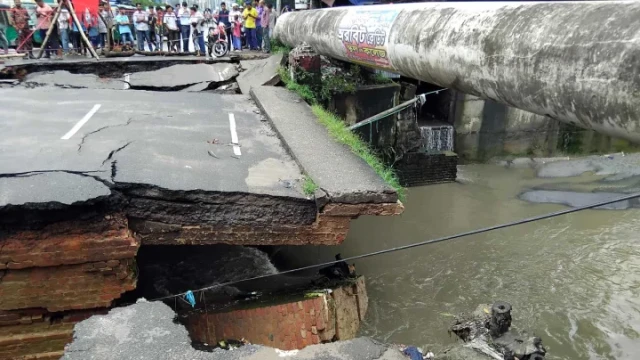
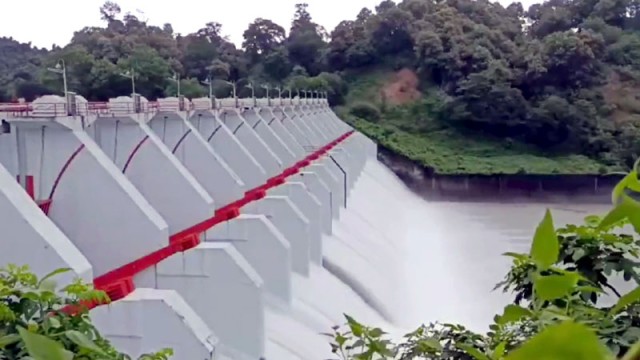
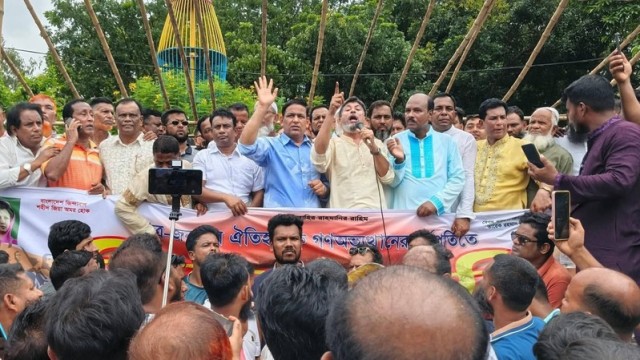

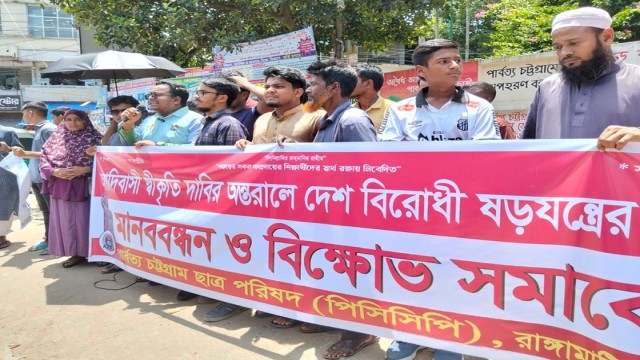


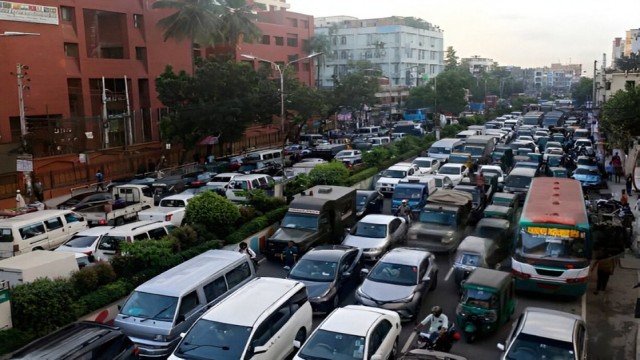
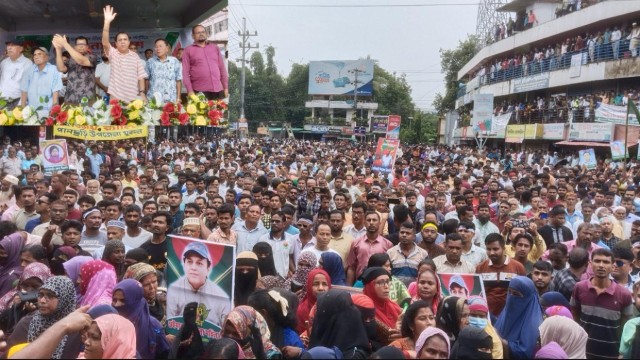

Comment: